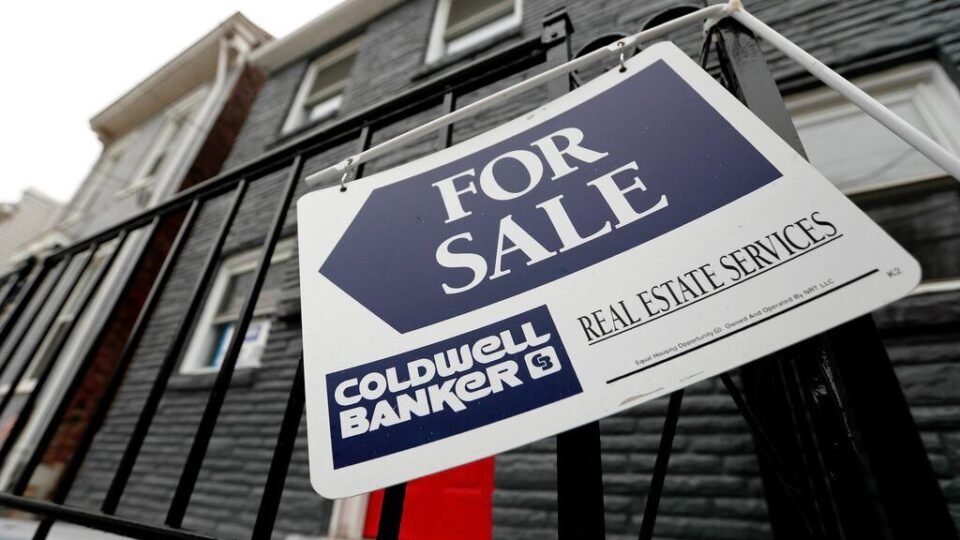As Americans continue to struggle in a heavily competitive real estate market, a group of Democratic lawmakers are introducing a bill in Congress that aims to restrict hedge funds from buying up single-family homes.
The End Hedge Fund Control of American Homes Act would mandate that hedge funds, defined as corporations, partnerships or REITs that manage pooled funds for investors, to sell off all single-family homes over a ten-year-period, and eventually prevent them from holding those properties completely.
Washington Rep. Adam Smith, one of the sponsors of the legislation, argued that these institutional investors can edge out potential homebuyers by making large cash offers.
“All of those investors are driving up the cost of housing,” he told Spectrum News. “Because they can pay. They can come in and drop $2 million in cash for a house in bulk.”
Smith said that the legislation would impose stiff tax penalties on those who violate the restrictions, with those funds going towards down payment assistance programs. He argued that this bill could help people enter the home market, without having to compete with large investing firms.
“You buy a house and it goes up in value,” he said. “That’s one of the areas where average working class people are able to create wealth. And now Wall Street is trying to take that wealth away as well.”
The bill faces opposition from trade groups like the National Rental Home Council, which argued in a statement after the bill was announced that it would make housing “less affordable and less available.”
“America’s housing market is facing a crisis of underbuilding that has resulted in a supply deficit of between four and six million homes,” the group said in a statement. “At a time when housing affordability and supply are at historic lows, we need serious policy solutions and proposals to address this long-standing and continuing problem.”
Oregon Sen. Jeff Merkley, who introduced the legislation in the Senate, pointed towards data from a recent House Financial Services Committee report which showed that hedge funds are targeting majority Black districts at a higher rate.
The report found these investors “focus on neighborhoods with larger Black populations and approximately 30 percent more single mothers than the national average,” Merkley said in a statement.
“Large scale hedge fund investors are taking over the housing market at an alarming and accelerating rate,” Merkley said.
Corporate ownership of single-family homes jumped during the 2008 housing crisis, when many homes were scooped up for cheap, amid widespread foreclosures.
A recent report from the Urban Institute, a left-leaning think tank, found that there were 574,000 single family homes nationwide owned by large institutional investors of at least 100 properties as of June 2022. The report found that this made up 3.8 percent of single-family rentals.
Groups like the National Rental Home Council argue that these numbers need more context. The group points out that of the total 145 million housing units in the country, these investors own a tiny .04 percent of the homes.
Alex Horowitz, Project Director at the Pew Charitable Trust Housing Policy Initiative, expressed doubts that the legislation would bring housing prices down in a meaningful way, pointing to the lack of supply in the housing market as a major issue.
“We need more homes,” he said. “The U.S. is short about 4-7 million homes, and until we’re building enough to make a dent in that shortage, the affordability issues are going to persist.”
Horowitz said that the best way to bring housing costs down would be by relaxing zoning policies so more homes can be built. He said these decisions are mostly at the state and local level and not on Capitol Hill.
So far, the proposed legislation does not have support from any Republican lawmakers. Rep. Smith concedes that this bill has a tough road ahead.
“If you want to ask me if this thing is going to pass in this Congress, no, it’s not going to pass in this Congress,” he said. “But it’s an important idea so people can begin to understand what’s going on and we can begin to advocate for policies that better help working class people in this country.”

